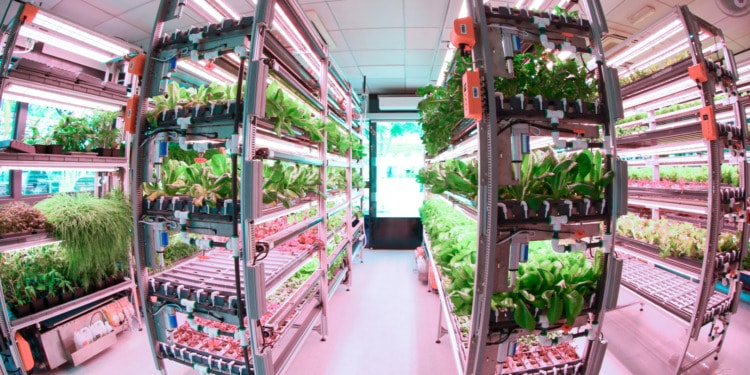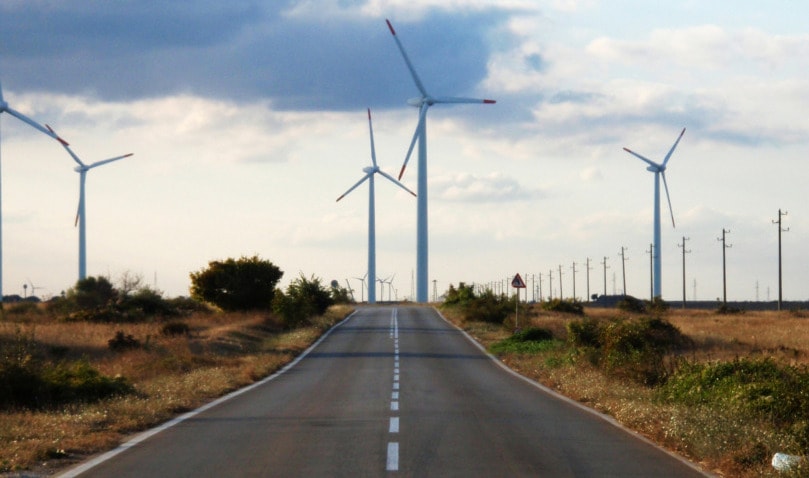Food security and climate change are interlinked and global agrifood systems are the climate solution, the Director-General of the Food and Agriculture Organization of the United Nations (FAO), QU Dongyu, told Heads of State and Government reunited at the World Climate Action Summit in Dubai, United Arab Emirates (UAE).
At the COP28 Presidency’s first Leader’s Event focused specifically on food and agriculture, Qu expressed FAO’s support for the newly launched Emirates Declaration on Sustainable Agriculture, Resilient Food Systems, and Climate Action, already endorsed by 134 countries.
“Implementation of the Emirates Declaration guided by the FAO Roadmap for achieving SDG2 while maintaining 1.5 degrees Celsius, are key instruments for achieving the Sustainable Development Goals (SDGs) targets under the Four Betters, leaving no one behind”, he said.
The roadmap, to be presented later at COP28, captures the vast contributions that nations can make to building climate resilience, adaptation and mitigation, as well as food security, through solutions that only the agrifood sector offers.
The climate crisis is affecting the world’s capacity to produce sufficient food. The various impacts on water, soil, biodiversity, and the frequency of extreme weather events are leading to increased food insecurity by diminishing crop yields, livestock productivity, and the potential of fisheries and aquaculture as food producers.
“We have to produce more with less. Agrifood systems must be transformed to be more efficient, more inclusive, more resilient, and more sustainable to effectively contribute to food availability, accessibility, and affordability, and to achieve all the SDGs”, Qu underscored.
The Director-General highlighted that the solutions to help countries build resilience, adaptation, and mitigation, and achieve food security, already exist.
“But we need enabling policies to close the investment gap to ensure that climate finance is increased and reaches those who need it most, especially smallholder farmers”, he said.
Related Articles: How the UNFCCC Can Tackle Fossil Fuel Subsidies at COP28 and Beyond | COP28: Say Climate Crisis, Think Health Crisis | COP28 Must Be the COP of Climate Credibility | COP28: Loss and Damage Fund Officially Launched, $300 Million Already Pledged
While global climate finance flows have increased, support for agrifood systems lags behind other sectors, constituting less than 20% of climate-related development finance in 2021.
On that note, Qu underscored that nations must ensure that the loss and damage fund that was historically set in motion on the first day of COP28 reaches the agricultural communities that are on the frontlines of the climate crisis.
Today, FAO launched a new report underscoring the escalating threat posed to the agrifood sector by climate change-induced loss and damage.
A new Declaration
The Emirates Declaration officially launched during the World Climate Action Summit event, and supported by FAO, underscores the pivotal role of agriculture and food systems in addressing climate change and fostering shared prosperity. It outlines objectives such as scaling up resilience efforts, promoting food security, and supporting workers in the sector.
It also highlights the importance of integrating climate action into agriculture policies and commits to inclusive engagement by 2025. The signatories pledge to revisit policies, increase access to finance, accelerate innovations, and strengthen the multilateral trading system. Collaboration and progress review are emphasized for COP29, with ongoing commitment beyond 2025.
“This Declaration is there to help galvanize the political will needed from countries across the globe to transform our food systems in the face of climate change. Today we celebrate a milestone moment in history for food systems and agriculture at a COP”, said Mariam Almheiri, Minister of Climate Change and Environment of the United Arab Emirates, after announcing that the current declaration’s endorsements cover more than 5.7 billion people and 70% of worldwide food systems.
Editor’s Note: The opinions expressed here by the authors are their own, not those of Impakter.com — Featured Photo Credit: COP28 UAE.











